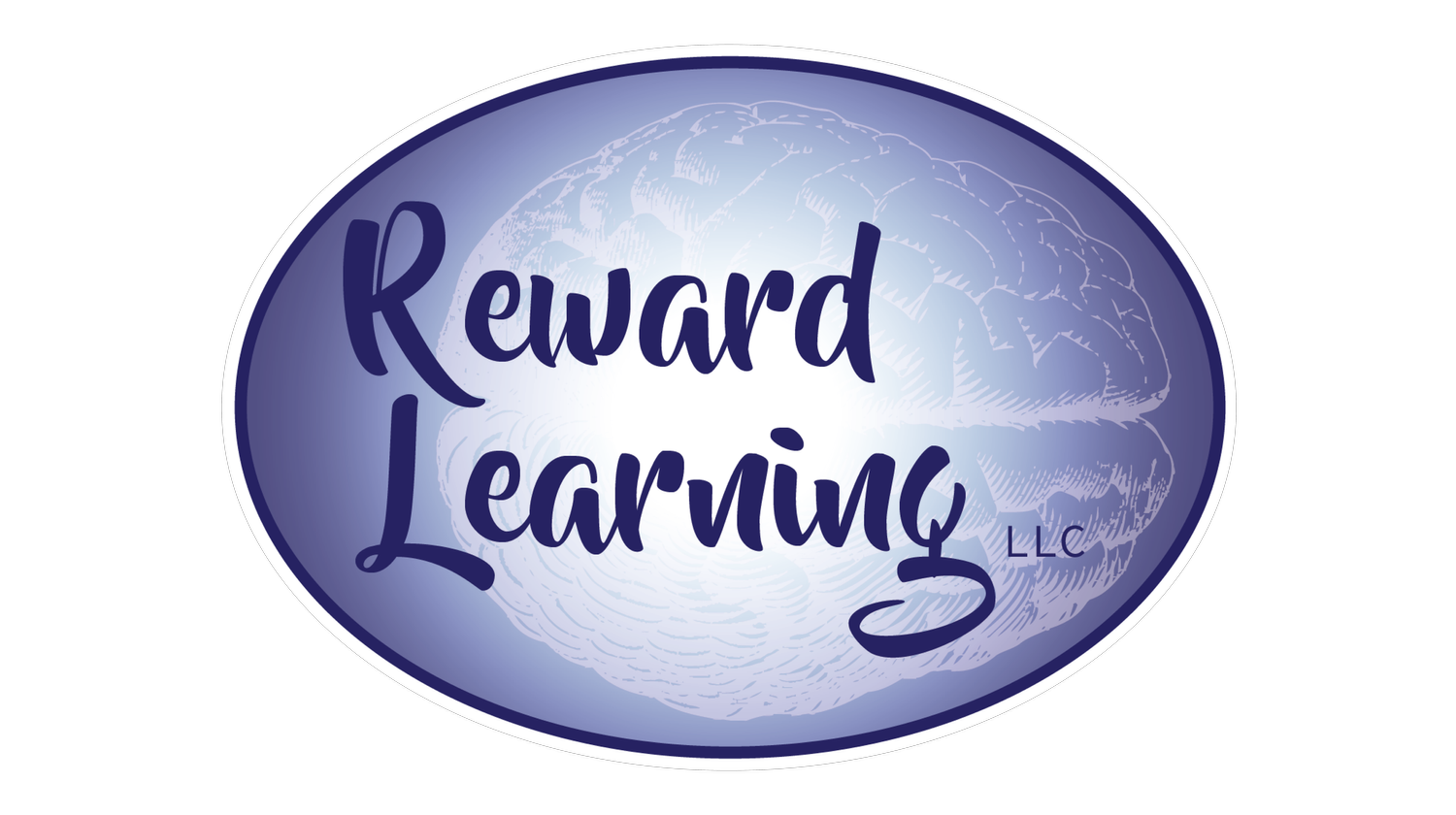There are a lot of misconceptions of what dyslexia is and what it is not. If you do a search online, you are likely to get confused by the various conflicting information you would find. This post aims to clarify a few basic points. There are different forms of dyslexia, related to the types of challenges in foundational reading skills (such as phonology and/or orthography). While it is true that dyslexia has different subtypes, and it is helpful to know which form of it that a person has, since that can help guide interventions, yet there is more to the story.
The International Dyslexia Association states: “Dyslexia is a specific learning disability that is neurobiological in origin. It is characterized by difficulties with accurate and/or fluent word recognition and by poor spelling and decoding abilities. These difficulties typically result from a deficit in the phonological component of language that is often unexpected in relation to other cognitive abilities and the provision of effective classroom instruction. Secondary consequences may include problems in reading comprehension and reduced reading experience that can impede growth of vocabulary and background knowledge.”
There are other forms of reading challenges that do not fit within the realm of dyslexia. A person can have a Specific Learning Disorder in reading, and yet she/he may not be dyslexia itself. For example, someone may have a Specific Learning Disorder in reading, affecting their ability to comprehend what they read. The way to know for sure whether a person has dyslexia, a Specific Learning Disorder in reading, and/or some other condition (such as ADHD) is to get a comprehensive assessment by an experienced Licensed Educational Psychologist. At the end of a psych report there will be recommendations tailored to the individual’s unique learning profile. Feel free to call with any questions!
Interested in learning more? Follow me on Facebook.
